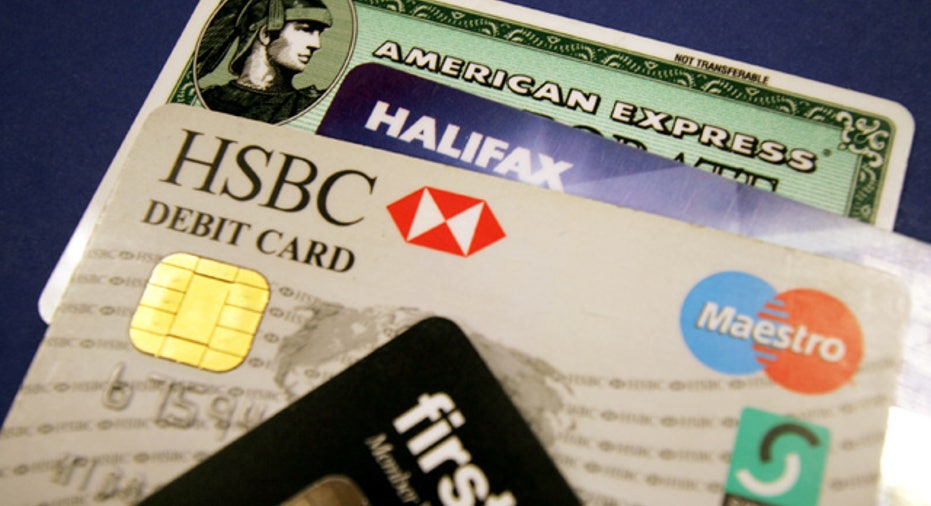How to Cut Back on Credit Card Spending

Dear New Frugal You,
I know that canceling credit cards can hurt my credit. I also know that having my three credit cards in my wallet makes me spend too much. Do you have any strategies or tips or techniques that will let me keep my cards active, but not spend so much on them?
-Overused Cards
Dear Overused,
You're not alone. It's generally recognized that, on average, people spend more if they're using credit cards. But, as with many averages, this one masks an important truth.
Some people spend much more when they use plastic money. Others use credit cards and their spending remains unchanged. Let's see if we can't help you to join the second group.
First, a word or two about your credit accounts. You do not need to use a card frequently to keep it active. As a rule, banks like to have more credit card customers. They hope that you will use the card and help them make money.
The current economic downturn has caused some banks to be more aggressive in closing customer accounts. Not using your card for a year could get your card canceled. It could also cause the credit card company to lower your credit limit.
One way to avoid that problem is to use your card for a planned purchase a few times each year. Use it to pay a grocery bill. Voila! You've kept the account "active" without incurring extra expense.
Now let's look at your challenge: how to use credit cards and not make unnecessary purchases.
There are a few widely used methods you may want to try. One is to leave your cards at home unless you have a specific purchase in mind. If the cards are not with you, there's no way to use them. No amount of seductive point-of-sale marketing can sway you.
Think you have some self-control? Just carry one card at a time. If you should have an emergency, you'll have the card in your possession. But you'll need to be strong to avoid pulling it out for an unplanned purchase.
One way to help your resolve is to put a sticker on the card. "Do you really NEED this item?" Sometimes a reminder at the right moment is all that we need.
Another way to remind yourself is to carry the card, but only in a secure-but-inconvenient place. Use your imagination. The mere act of getting at the card acts as a reminder that you don't want to use if foolishly.
Once you've picked out a strategy, give it a month, and then test your resolve. Your yardstick: Were you able to pay all new charges each month, plus the interest accrued and some of the existing balance? If you can, then stick with it. If you're unable to do that each month, adjust your strategy to a more harsh measure, because whatever you're doing isn't enough to get your spending under control.
You may find that none of these things work for you. In that case, look beyond the symptoms to the root causes. Just trying to change your behavior could be a little like cutting the top off of a weed. Unless you pull out the root, it will grow back again. The only way to truly get rid of the problem is to find and eliminate its root.
How can you do that? There are a number of ways. You can find a support group. Check out Debtors Anonymous. Look for an online support group. Or seek help from a legitimate nonprofit credit counselor affiliated with an outfit such as the National Foundation for Credit Counseling or the Association of Independent Consumer Credit Counseling Agencies.
You can also review your spending habits looking for a pattern. Find out what you're thinking/feeling when you make unnecessary purchases. You may find that there's a common thought or emotion. That's an arrow pointing to where the problem is.
For instance, if you find that you're often thinking "I deserve this" before making an unneeded purchase, there's a good possibility that you're trying to make up for some past event where you didn't get what you felt you deserved. Knowing this might be enough to defuse the past hurt.
You may need to find a professional counselor or financial therapist to deal with the issue. But, even the cost of a professional is probably cheaper than continued purchases that don't satisfy your deepest needs.
Ultimately, if none of these tools work, you may find that you're among those who should not use credit cards at all. Despite what you think, that's not the end of the world. You can use cash and debit cards and get along quite well. But I hope you'll be able to get your spending habit under control and still carry credit cards in your wallet.
More from CreditCards.com:



















